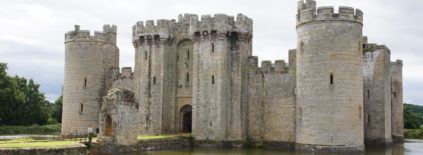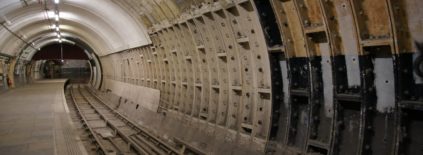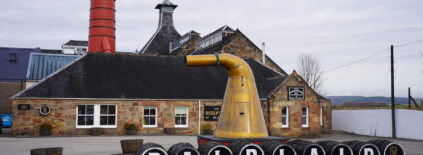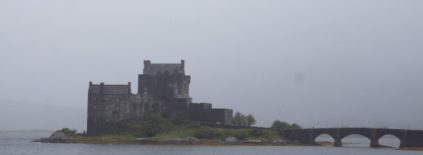previously posted on my blog Abroad in London
as a weekly update for family and friends
A Lesson in History
Remember those travel guides I purchased within minutes of receiving the job offer? I wasted no time in reading them and organizing all my thoughts together. I have the gift- and curse- of being a Virgo which means that I write lists of lists and have detailed plans for nearly everything I do. Living in London was no exception. Almost immediately I began to see the entire city, and country, in a completely different light. The United Kingdom and London were no longer some distant country that I only saw in photographs or in the movies. Soon, very soon, it would be my home and that knowledge brought a new light to the city for me.
Every High School student knows all about the Nazi bombings on London during World War II. Better known as the “Blitzkrieg” these bombings killed over 51,000 inhabitants of London and obliterated hundreds- if not more- years of history. Of course I knew all about these bombings and the attacks against the British during World War II. I learned about this in History, I read about it in books- both works of fiction and non fiction. And though I must’ve read the ‘Chronicles of Narnia’ by C.S. Lewis a dozen times during my childhood even the imagery of that famous author didn’t capture the sheer magnitude of the destruction left behind by the Blitzkrieg.
As far as history and common knowledge are concerned I pride myself on having had an above average education. In High School I studied hard and tried my best though those efforts didn’t always show in my grades, but the effort was there. I knew what the Blitzkrieg was and I understood on a historical level what the casualties and importance were.
As I was reading the travel guides I noticed that the Blitzkrieg frequented the pages. The guides mentioned the effects of the bombings on many areas of London and elaborated on the destruction. I don’t think I truly understood the complexity and in depth details of the Blitzkrieg until almost two months before I was set to leave for London.
Immersed as I was in those travel guides all the tragedy of that era came to life. Maybe the disconnection between reality and history happened because in my head those events were long ago and far away. Something never clicked on an emotional or personal level when the Blitzkrieg was simply another fact in a heavy textbook or a date to be memorized for an exam. Suddenly the death toll wasn’t simply a number; they became someone’s family or friends. And the damage to London’s infrastructure was no longer an estimate of the damage, it was my home with buildings that were robbed of hundreds of years of history.
The destruction is unthinkable in today’s society, especially with difference in the methodology of war between World War II and modern warfare. Today if one historic building is bombed or threatened it becomes a lingering headline. In those days entire blocks and countless lives were lost almost on a nightly basis. It’s inconceivable to think of how far we’ve come since then.
It also explains much of the European need for unity. European countries don’t have the benefit of having an entire ocean between them and their adversaries, like the Americans do. Unity is the only way to ensure peace and prosperity. By tying their currency and policies to one another they have forced themselves to work together for the future of the European Union.
Where am I going with all of this? Approximately two months before my scheduled departure for London I was deeply immersed in travel guides, travel literature and simply anything I could get my hands in relation to London. This was done in an attempt to bring London alive ahead of schedule and to provide a stronger basis of understanding for my travels.
In the end I was surprised that someone with my education and intelligence couldn’t understand the pure devastation caused by the Blitzkrieg. History, to many students, has always been a jumble of wars, dates and an exercise in memorization. History seemed to be an education on the shift of money and power and the constant redefining of country’s borders. Learning history is a way of going through the motions and getting the briefest understanding of a series of events. Living history is when you put yourself in the shoes of those soldiers, citizens or victims. Most everyone can empathize with those of the Jewish faith and their persecution at the hand of the Nazi’s. It is because they have given us a window to understand the emotions and the repercussions of those brutalities committed against them. It was a far more personal experience when a face is associated with the villain rather than the British experience where planes and explosions were the villains.










